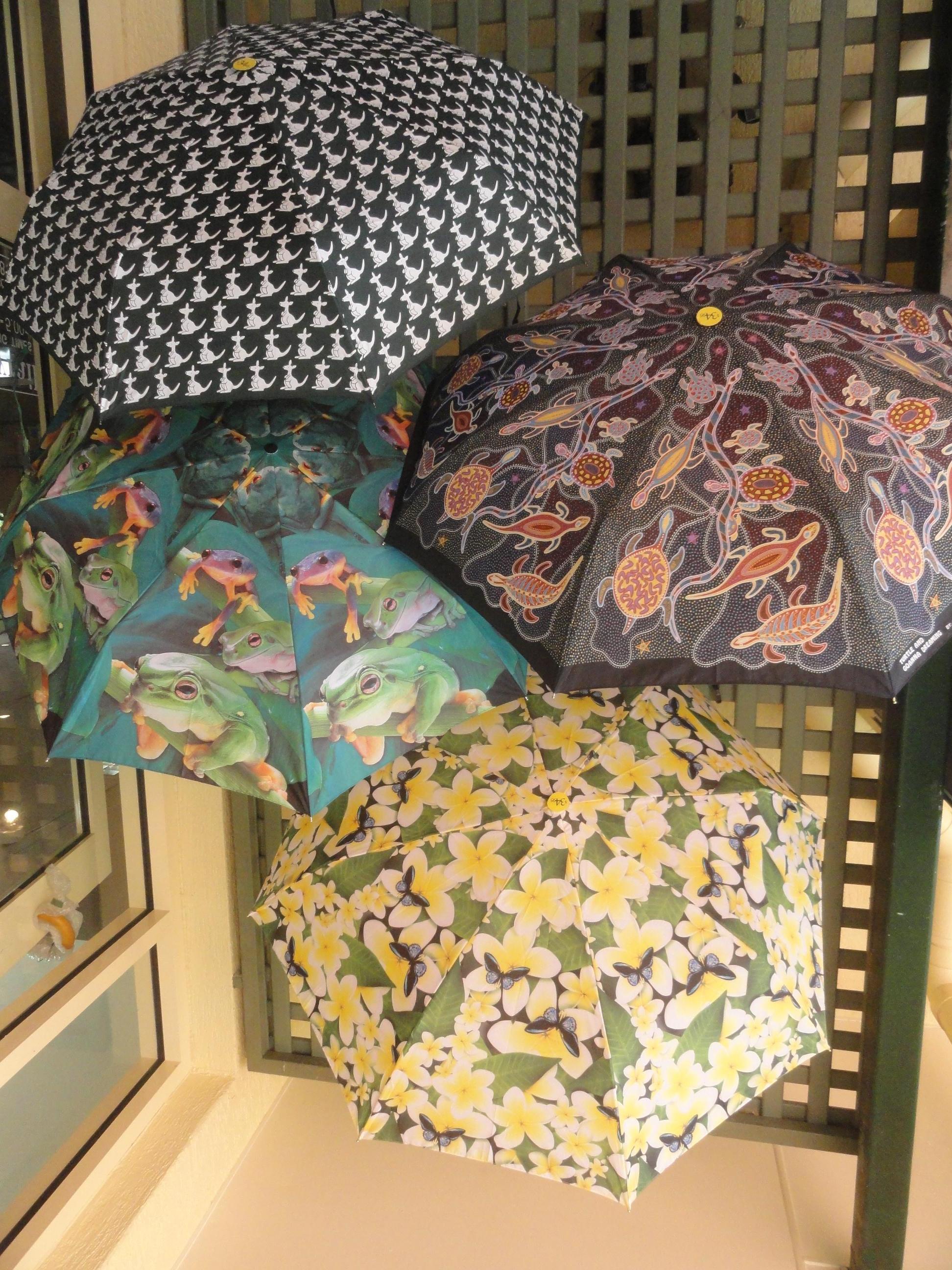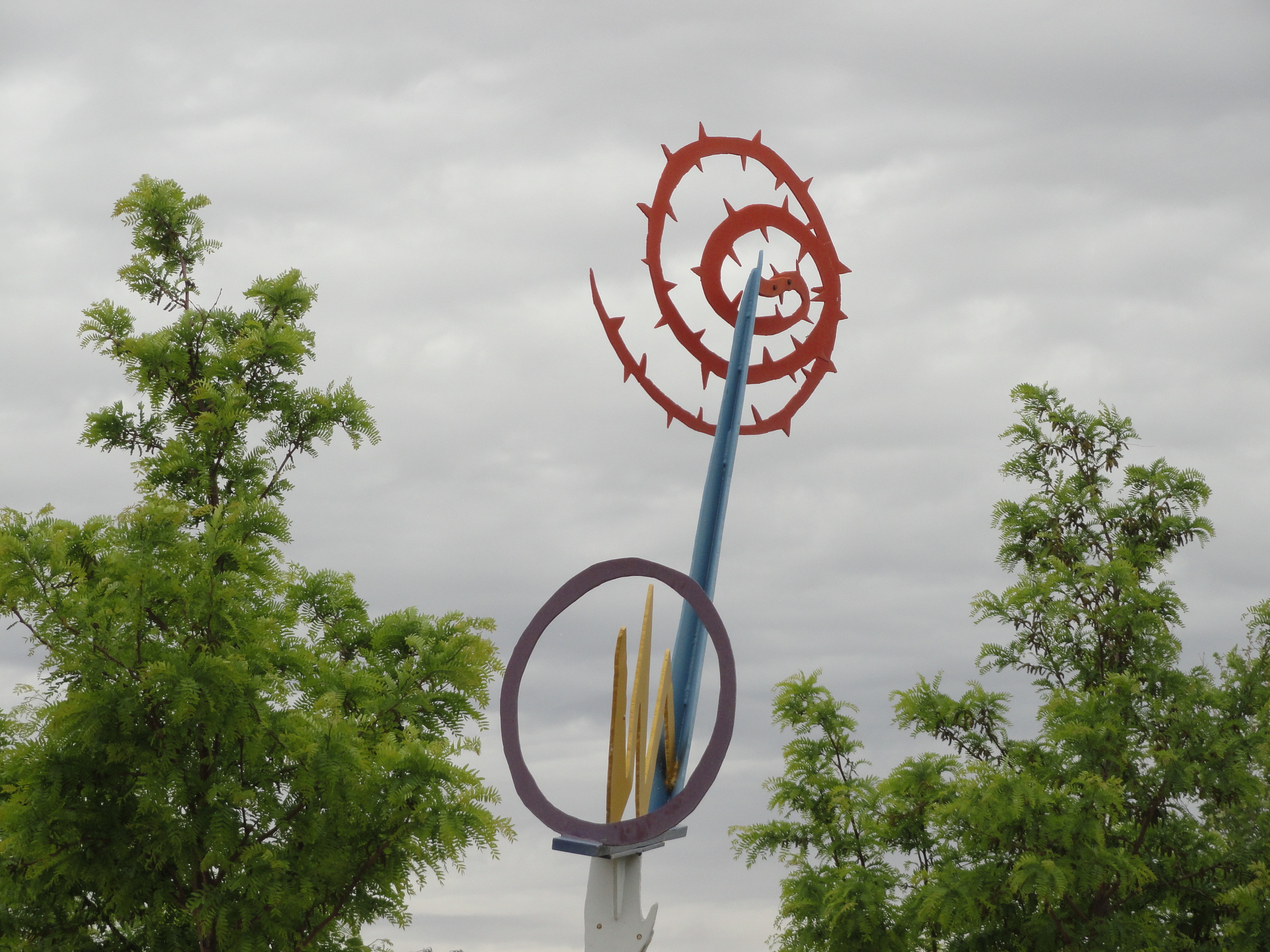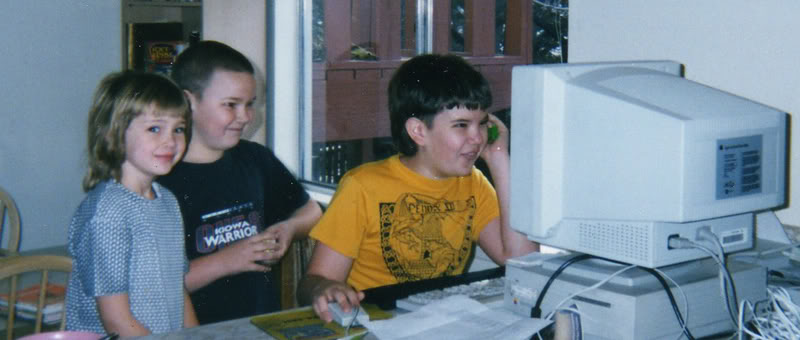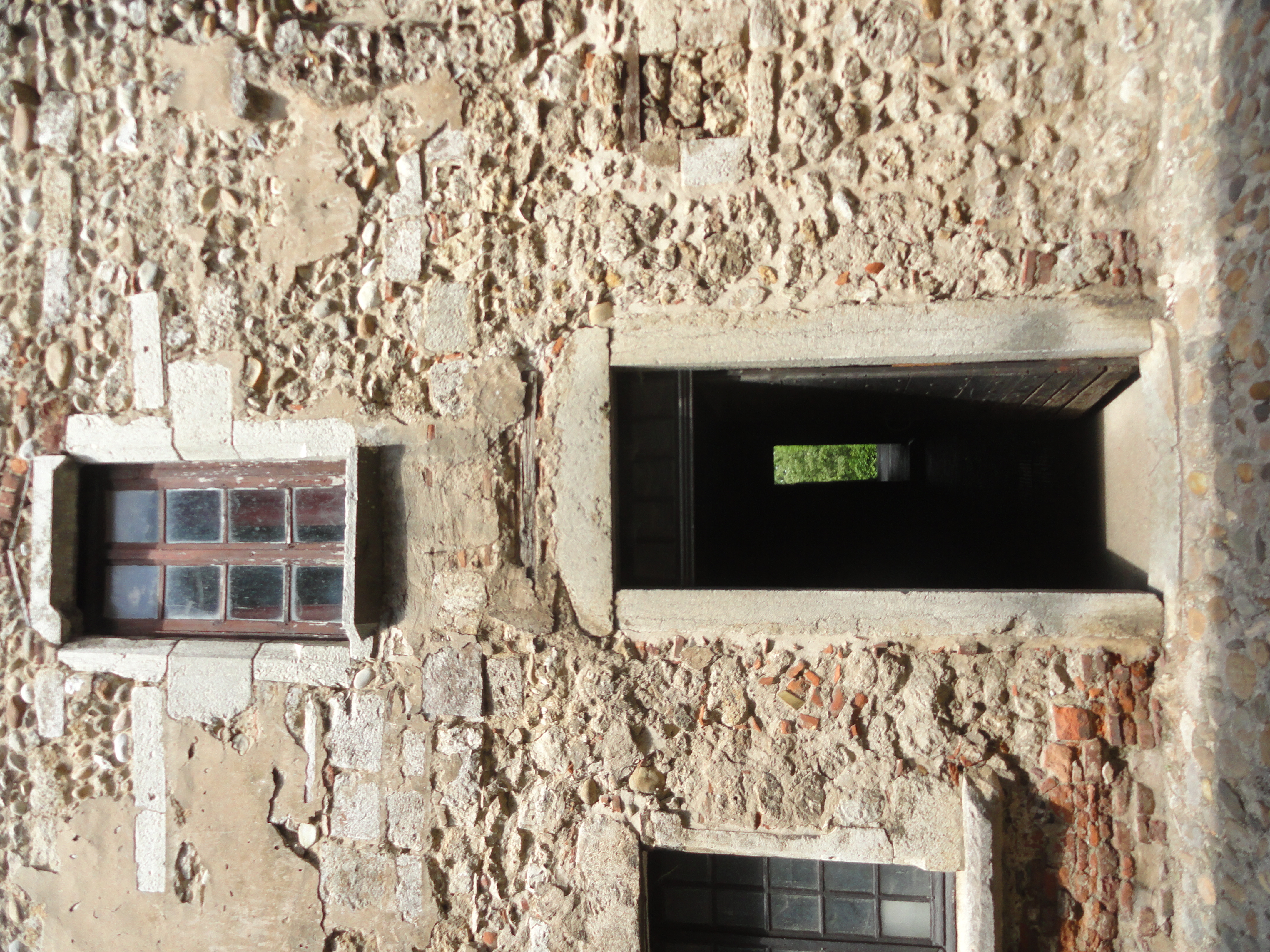Wait a bit. Think.
Breathe. Smile.
photo by Sandra Dodd
___



What do I regret? EVERY minute that I spent worrying over whether the house was clean. That would be my biggest regret. THAT was wasted worry. And there were bad times between myself and the kids over it. I'd get angry that they weren't helping enough. I wish I'd learned earlier about how to enjoy taking care of household stuff and let it go when it didn't get done.Sandra Dodd:
The other day a 15 year old girl wrote on her facebook that she was miserably doing dishes because that was her chore this week. I am going to talk to her about dishes. Because I have learned to LOVE doing the dishes. I don't DO them without enjoying it. I either enjoy it or don't do it. Appreciate or enjoy or at least feel pleasant - I don't have to be deliriously happy . So - sometimes they don't get done. But usually they do. And nobody in my house ever has bad feelings about dishes anymore.
So if I were a hostile critic of your airy-fairy lifestyle, and said "What does this have to do with unschooling," what's the quick kind of answer others here might use when it happens to them?Pam Sorooshian:
If we believe kids are born with an innate urge to learn, that they don't need to be forced to learn, then, logically, that should not apply to just reading, 'riting, and 'rithmetic, but also to all other aspects of life.
Turns out, the more that unschoolers have expanded their understanding of how children learn, the more we've discovered that, indeed, they DO learn best without coercion.

When people who are running a school, charging money for people to send their kids there, where they will keep them there every day, like the law says, and they're reporting to the state, like the law says, to then equate themselves with what radical unschoolers are doing, it’s cheatery. They are cheating, They are trying to suggest that they can do in 180 days—whatever 6 times 180 is in hours—that they can take the state requirement of hours and create, in that time, what a radical unschooling family can create in 364 days of learning.Amy:
My audio wasn’t being recorded properly at this point, but here I said something sort of snarky, like “You mean 363 days, because of 'Learn Nothing Day',” because apparently I don’t know how many days there are in a year, and Sandra said:Sandra Dodd:
I took out the one already, it would have been 365.Amy:
And we had a pretty good laugh about that. But eventually we got back to talking about the other benefits of unschooling—things that people don’t necessarily think of as "education."

There is a natural need in people to know the "us" and the "them." Those who want an inclusive, multicultural, liberal, accepting life will still have a "them." It's easy to revile "the enemy." It might be impossible NOT to have the idea of "other." But creating a "culture" or nation that is created of a combination of others won't save any individual from their own instincts.
You can't clean up a pile of shit by shitting on it.
The people who are cleaning up can feel hatred for those who keep shitting on it (whatever the "it" is they're cleaning up).. . . . Hating those other people makes you hateful.
There isn't a final solution, but there are things to make it (the big pile of shit) worse, and ways to make our own moment in time better. Enough good moments might make a good day. Don't collect shit unless you want a shitty day.



Learning is defined not just as sucking in information about something the child is interested in. Learning is also figuring out the big picture and how things connect. Figuring out how stuff works, figuring out how people work, making connections, seeing patterns. This is a mechanical, biological process. It's how humans—all learning animals really—naturally learn, how kids are born learning.
Natural learning is like a doorway. We can't change the doorway but we can change the outside world so kids can more easily reach what intrigues them.